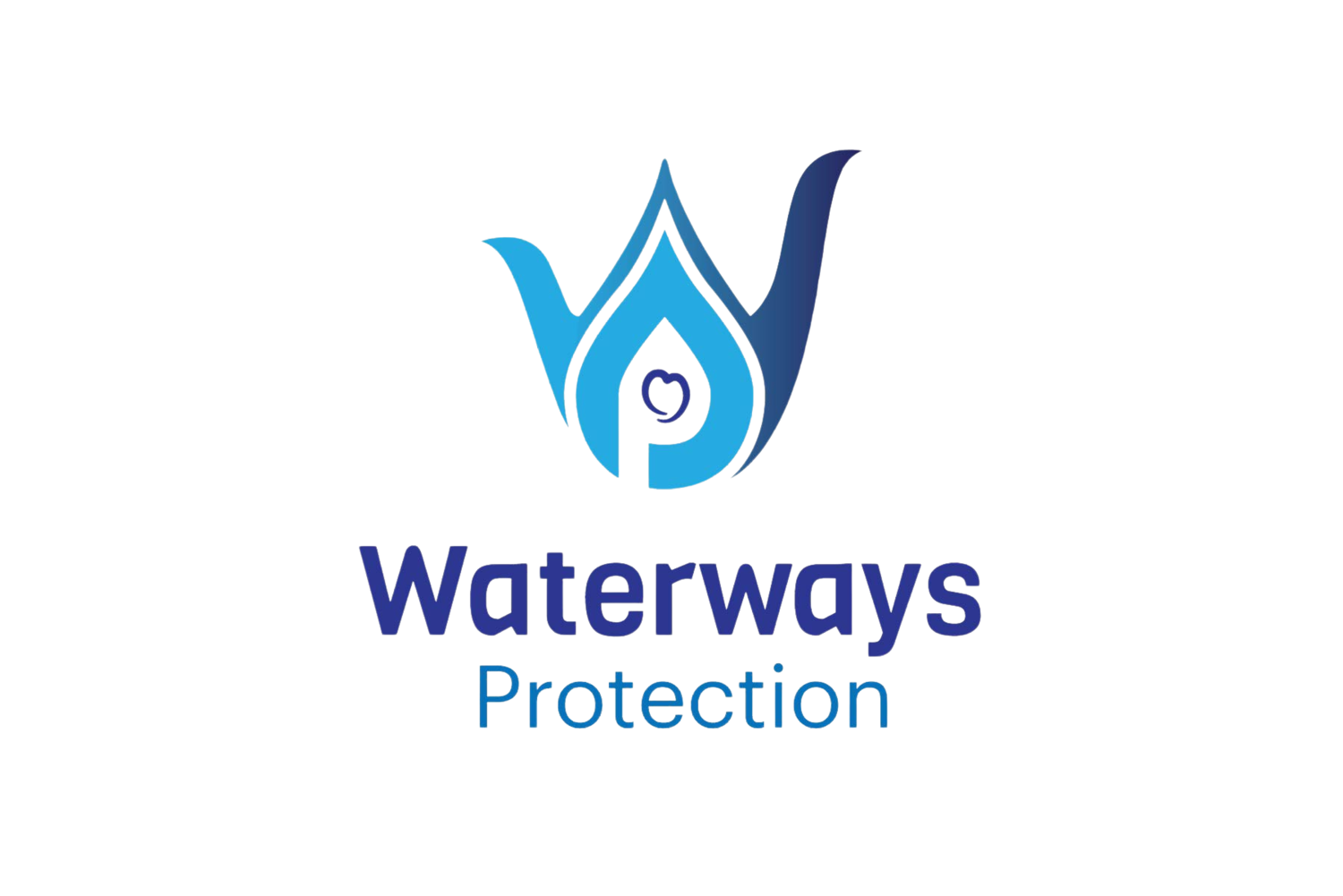The Great Washout: The Futility of Bathing Water Status's
In an age where environmental conservation has catapulted to the forefront of public consciousness, the allure of quick fixes and headline-grabbing initiatives often diverts attention from the underlying crises plaguing our planet. Among these seemingly commendable yet fundamentally flawed endeavors stands the concept of Bathing Water Status (BWS) – a designation that has been championed as a beacon of progress in the battle against water pollution. However, beneath its glossy surface lies a stark reality: BWS is little more than a ceremonial gesture, a drop in the ocean of necessary reform.
At its core, BWS aims to highlight areas of water – be they parts of rivers or coastal seas – that meet certain criteria for cleanliness, ostensibly ensuring they are safe for public bathing. On paper, this initiative appears laudable; in practice, it is riddled with inefficacies that not only fail to address the broader issue of water pollution but, in some cases, exacerbate it. The fundamental flaw lies in the transient nature of water – a fluid, ever-moving entity that cares little for human-imposed boundaries.
Critics of BWS, myself included, argue that focusing on isolated sections of water bodies for cleanliness while neglecting upstream or adjacent areas is akin to cleaning a single tile in a mud-splattered room. Pollution, by its very nature, is indiscriminate and pervasive. Chemicals, waste, and sewage do not halt at the invisible borders of BWS zones; they flow freely, rendering these designated areas vulnerable to contamination from sources just beyond their perimeters.
Moreover, the methodology employed to grant and maintain BWS (Boiling Water Statements) is questionable at best. Annual tests, which only test for a small range of pollutants, are strategically timed to precede known pollution events, offering a skewed representation of water quality. In fact, sometimes before a test, they will flood the test area with chemicals (a.k.a., bleach), killing all life, and then conduct a test which shows as a pass because none of the small range of contaminants have been discovered.
In an era where environmental data should be transparent and continuous, relying on such sporadic and potentially manipulated snapshots is both outdated and misleading. The addition of chemicals to cleanse the water pre-testing further muddies the waters, killing aquatic life and presenting a facade of cleanliness that belies the underlying ecological devastation.
Perhaps the most insidious aspect of BWS is its role in the larger PR machinery of water companies and regulatory bodies. By diverting attention and resources towards achieving and maintaining BWS, these entities create a smokescreen that obscures the ongoing pollution elsewhere. It's a classic case of greenwashing – projecting an environmentally responsible image while engaging in practices that are anything but.
The narrative peddled by proponents of BWS – that it represents a step towards cleaner waters and healthier ecosystems – is dangerously myopic. It ignores the interconnectedness of water systems and the comprehensive solutions required to address pollution at its source. Campaigns for BWS inadvertently detract from the broader, more pressing goal of achieving zero water pollution, offering false reassurance in the face of an escalating crisis.
It's time to redirect our efforts and advocacy towards holistic environmental stewardship. This means pushing for robust regulations that target pollution across all water bodies, investing in sustainable infrastructure, and fostering a culture of accountability among polluters. As conscientious citizens and stewards of the earth, we must resist the allure of superficial badges of honor and demand substantive, systemic change.
In conclusion, while the intentions behind Bathing Water Status may be well-meaning, its execution and implications are deeply flawed. As we navigate the complex challenges of environmental conservation, let us not be seduced by the siren songs of easy victories. The path to truly clean waters is arduous, requiring unwavering commitment and comprehensive action. Let us not settle for anything less.

